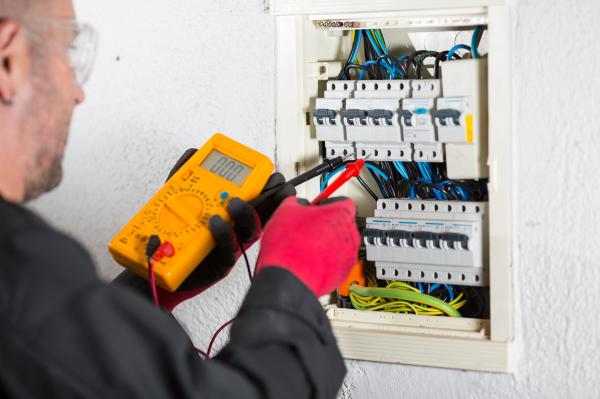
The imminent abolition of Section 21 has been described as the “biggest change to the private rental sector in a generation” but also “the biggest threat to landlords and letting agents in years”. Here we explore what the end of Section 21 will mean for you as a landlord and how you can get prepared, organised and fully compliant for when the new legislation is in place.

Ticking all the boxes and making sure you as a landlord are compliant can be a tricky task. We at MakeUrMove created this checklist to make it life a little bit easier for you.

The tenancy agreement is such a vital document. Yet many private landlords pay surprisingly little attention to it. They may use the same contract for years at a time. Or worse just find a free template they found on the internet. If you’re a new landlord or worried your tenancy documents may not be up to scratch, we’re going to look at the five most common mistakes landlords make in their tenancy agreement documentation. And crucially how to avoid them.

Let's answer the question straight away. No, there is no legal obligation (at the moment) for private landlords to carry out PAT testing on electrical appliances in their properties. However, like many things what is compulsory and what is best practice is a little different.


